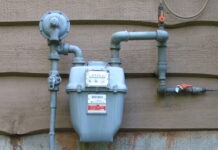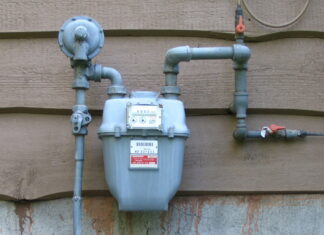This is not meant to be an effort in polemics – which means this article is neither meant to criticise or make anyone feel bad. Instead, it is an attempt to present an in-depth analysis of what could have gone better in the downstream oil and gas segment in Pakistan over the last ten years, and what it would take for the next few years to go better than the past decade.
Because one thing is a fact – things could have gone better. What would that have looked like? Fuel prices could be closer to PKR 100 per litre, our currency would not be under so much pressure and perhaps would have done slightly better against the US dollar, there would be more strategic storage, our refineries would have stood a better chance at being upgraded, as a country we would have had fewer but better operated petrol pumps, and our environment would have been better protected against carbon emmisions and spills that damage our environment.
Where we are today is a fair bit away from what good could have looked like and to say only one person or party is accountable is naïve. No one alone, neither the government, nor the bureaucracy, private players, media or law enforcement agencies, is solely responsible for this failure. It has been a sub-optimal performance as a whole.
So what could have gone better and what would it take to do better in future?
Fuel
Since fuel price is close to every one’s heart let me talk about this first. Due to different reasons oil and gas prices crashed at-least three times during the last ten years, we were unable to take advantage of any of these crashes. If we had taken advantage of these crashes, even with all our challenges, today prices at pumps would be lower and our currency could have been under less pressure as oil and gas are Pakistan’s largest imports.
The reason we were unable to take advantage of these low prices was because our available storage could not be filled as it should have been filled when prices were low and we were unable to lock in part of our country’s future demand at a price that we could afford when the opportunity existed to buy such paper products in the global market. The main limiting factor is that the pricing rules that govern our oil industry have too much exposure for the private sector for doing anything other than buying at prevailing prices. In addition, there is no government body that has the competence plus the mandate to take the needed risks via taking price exposure to fill up empty storages or to buy paper products in the international market when prices reach a level that we can sustainably afford.

If the current environment continues to prevail, we will not be able to take advantage of the next global fuel price crash, whenever it happens.
For these pricing rules to change, someone in our bureaucracy needs to have the competence to analyze what needs to change in the pricing rules, they should already be working on a proposal for the cabinet that includes the risks we will have to take to secure part of our demand at affordable prices, what would the pricing trigger point be, what are the pros and cons of working with the different sellers of these paper products, what would it take for the industry to fill up the available storages, how will the risk be managed, how would media be engaged so that they do not start crying foul the second risks taken do not work for us etc. None of this is happening, hence my conclusion, under status quo there is very limited chance of taking advantage of the next fuel price crash to lock in fuel imports at more sustainable prices.
Regulation
The number of laws governing oil and gas downstream business are numerous but I dare say these laws and acts are hardly understood by those whose job it is to implement these laws on the Govt. side or on the benches of private players who are supposed to run their enterprises whilst following these laws. As a result, we have a somewhat deregulated industry with all sorts of rules being broken. End result is sub optimal rules, low quality pumps, environmental damage, leaks, spills, accidents, all kinds of blame games, hap hazard and sporadic implementation of laws, an industry that is more run on experience than the required operating standards, an industry where those who endeavor to understand and follow the rules are nearly always disadvantaged.
What we need is simplification of rules, those who break these rules should be held accountable and those who demonstrate the ability to follow the rules should be encouraged. This will make it a much more compliant, safer and environmentally friendly industry. This will also result in more environmentally friendly petrol pumps, better quality of storages etc.
We have been unable to change our refining policy or to introduce a trading policy to encourage refiners, local or international, to invest in refining or to encourage international trading of fuels from Pakistan. As a result, we could never find a way to upgrade our refineries or to create a fuel trading hub in Karachi or Gawadar. We need a refining policy that encourages current players to invest, penalizes them when rules are not followed and creates a long-term sustainable refining sector in Pakistan. We also need to change customs and tax rules to enable international trading of oil and gas products from Pakistan. Such changes will build a much more sustainable refining and trading sector in Pakistan.
Haroon is the ex CEO of Shell Pakistan Limited. Haroon has spent some 27 years in the oil and gas industry. He has held a variety of assignments in Pakistan, Singapore and the UK.
























cmu wall
Nice and near to perfect information